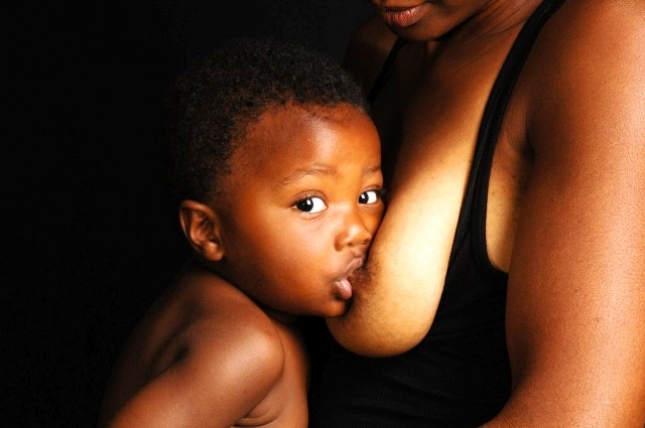Breastfeeding for six months or longer appears to significantly cut the risk of a woman developing type II diabetes, a 30-year US study said.
The Kaiser Permanente research, published in the US journal JAMA Internal Medicine, analysed data from the Coronary Artery Risk Development in Young Adults (CARDIA) study, a national, multi-centre investigation that originally enrolled about 5,000 adults aged 18 to 30 in 1985 to 1986.
This study included 1,238 black and white women who did not have diabetes when they enrolled in CARDIA, or prior to their subsequent pregnancies.
Over the next 30 years, each woman had at least one live birth and was routinely screened for diabetes under the CARDIA protocol.
Participants also reported lifestyle behaviors such as diet and physical activity and the total amount of time they breastfed their children.
It showed that women who breastfed for six months or more across all births had a 47 per cent reduction in their risk of developing type II diabetes compared to those who did not breastfeed at all.
Women who breastfed for six months or less had a 25 per cent reduction in diabetes risk.
“We found a very strong association between breastfeeding duration and lower risk of developing diabetes, even after accounting for all possible confounding risk factors,” said lead author Erica Gunderson, senior research scientist with the Kaiser Permanente Division of Research.
The new findings added to a growing body of evidence that breastfeeding has protective effects for both mothers and their offspring, including lowering a mother’s risk of breast and ovarian cancer.
Previous research identifying an association between breastfeeding and protection against later diabetes was conducted in older women using self-reported diabetes.




